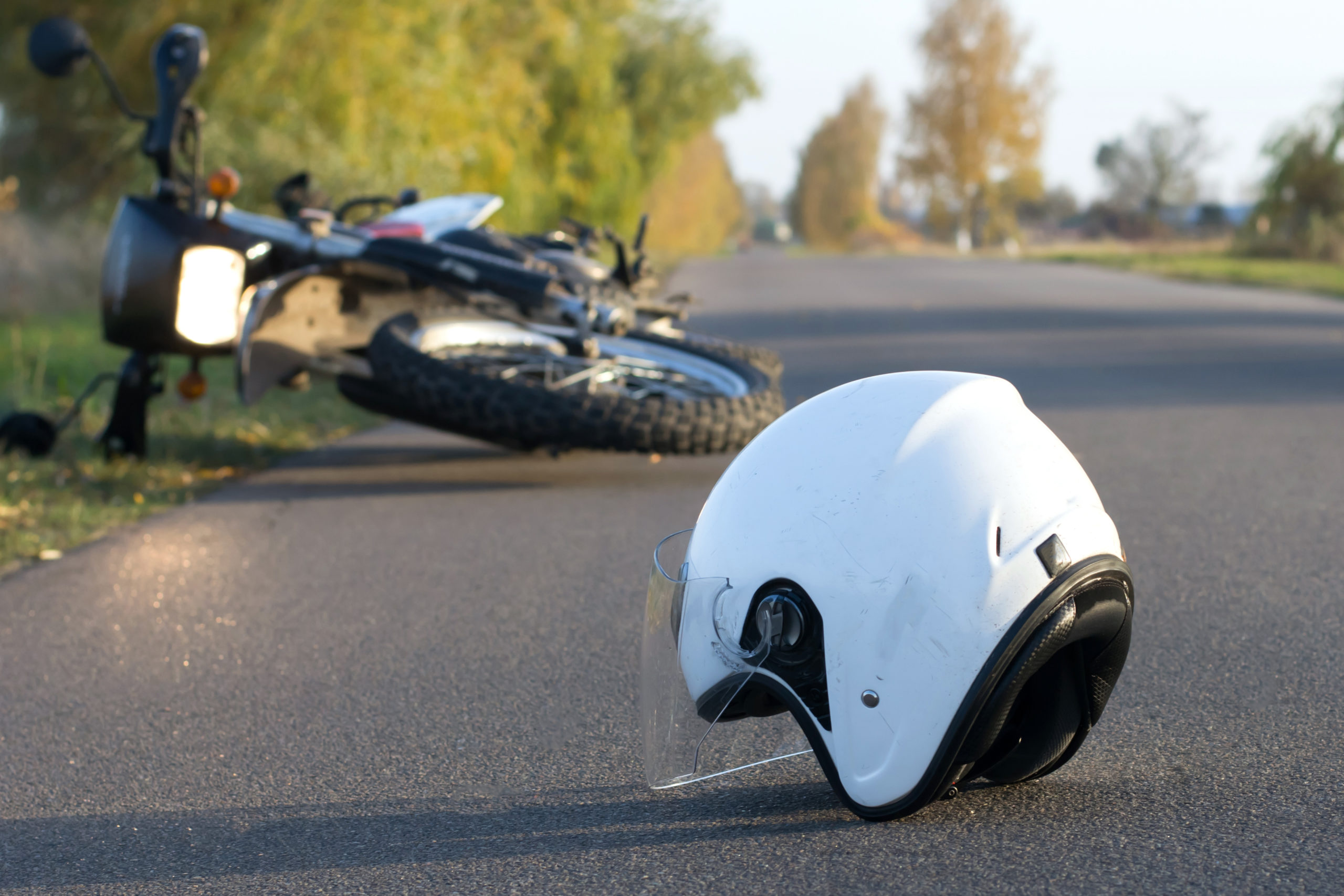Space Heater Safety
This time of the year, many Americans turn to space heaters to keep rooms warm. But while these handy devices can be easy (and cheaper than using a large heating system), they can also be extremely dangerous if misused or left on too long.
Space heaters cause more than 25,000 residential fires and more than 300 deaths annually, according to data from the U.S. Consumer Product Safety Commission. More than 6,000 Americans total are treated in emergency rooms for space heater-related burns every year.
“Bitter cold, ice, and snow are here for many parts of the East and Midwest, bringing with it burn injuries caused by improper use of heating devices,” said Dr. Michael Mosier, a burn surgeon at Loyola University Medical Center, in a press release. “If proper precautions are taken, space heaters can be used safely; but so often they aren’t and house fires ignite. Whole families are seriously injured, often for life.”
When using a space heater, it is extremely important to follow these safety guidelines:
- Use a space heater that has been tested according to the latest safety standards in a nationally recognized testing laboratory to ensure your space heater has the most up-to-date safety features.
- Follow the manufacturer’s instructions for older space heaters, which may not meet newer safety standards.
- Use the heater on a level, hard, non-flammable surface, such as a tile floor. Never put a space heater on a carpet or rug.
- Place the heater at least three feet away from bedding, drapes, furniture, and other flammable materials, including flammable liquids.
- If you live in a mobile home, only use vented fuel-fired heaters or electric heaters.
- Keep children and pets away from space heaters.
- Turn the heater off whenever you leave the area.
- Never leave a space heater on when you go to sleep.
- Don’t turn on a space heater close to any sleeping person.
- Use only the approved fuel for your vented indoor combustion heater. Never use gasoline in a kerosene space heater, as even small amounts of gasoline mixed with kerosene can increase the risk of fire.
- Don’t use portable propane space heaters indoors or in any confined space unless they are specifically designed for indoor use. Never use unvented combustion heaters indoors.
- Make sure there is a guard around the heating or flame element of the heater.
- Make sure to place smoke alarms on every level of your home, outside of sleeping areas, and inside each bedroom.
- Install carbon monoxide alarms in your home to guard against poisonings.
- Make sure your smoke alarm and carbon monoxide alarms have batteries and work properly.
The Consumer Product Safety Commission recommends using an electric space heater, which is the safest option for any home. Plugging it directly into a wall outlet is best, but if you need to use an extension cord, make it a heavy-duty cord of 14-gauge wire or larger. The space heater you choose should also have a tip-over safety switch, which turns off the heater if it falls over.


















